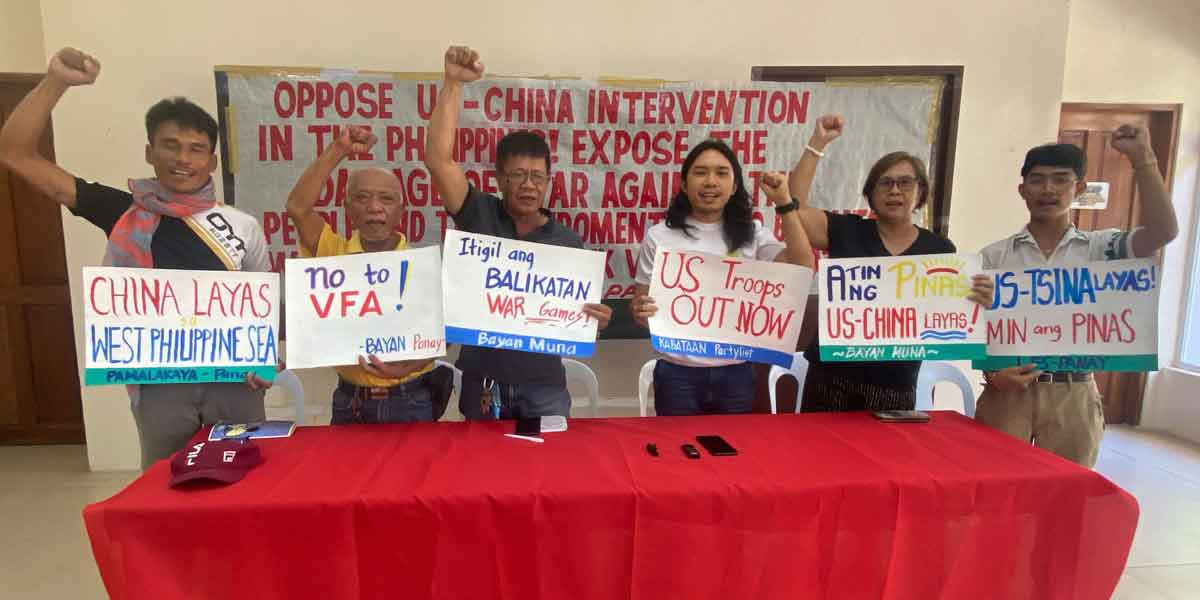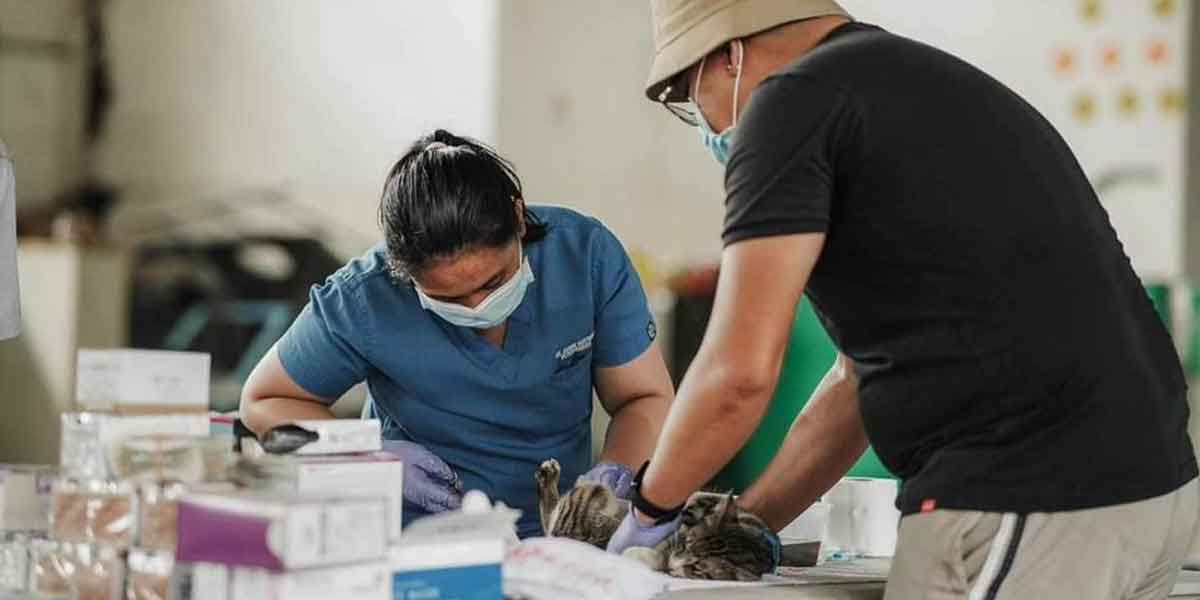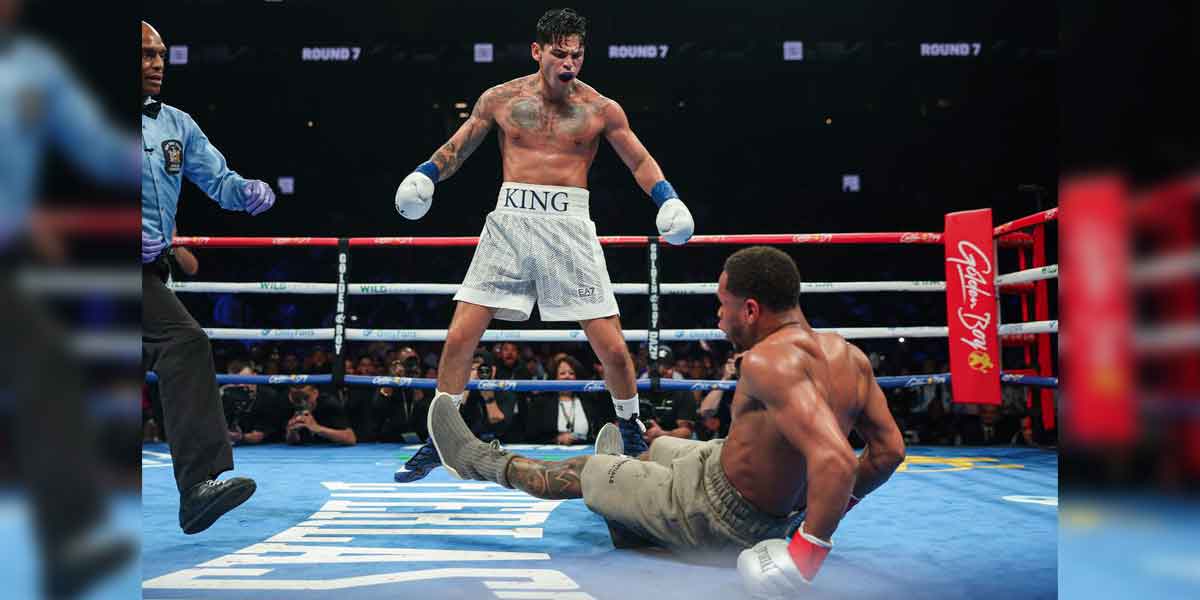
By Francis Allan Angelo and Jennifer P. Rendon
The Iloilo Provincial Prosecutor’s Office did not find probable cause and cannot provide due course for the murder case filed against several personalities in relation to the deaths of three businessmen whose bodies were found in Estancia, Iloilo last Sept 14, 2022.
In an 11-page resolution dated Dec 10, 2022, Assistant Provincial Prosecutor Ronilo Pamonag recommended that the murder case against Jevron Parohinog, the lone survivor of the incident, his brother Jix Parohinog, Michael Porras, Michael Quiatchon, Benzen Llamado, and six “John Does” be denied course and dismissed without prejudice.
Provincial Prosecutor Ma. Elena M. Hofileña-Gerochi approved the recommendation.
It is worth noting that the prosecutor did not even ask the respondents to submit their counter-affidavits.
The case stemmed from the deaths of Jan Paul “JP” Bosque, Chrysler Floyd Fernandes, and Mark Clarence Libao whose bodies were found inside a white Isuzu MUX at Barangay Villa Panian, Estancia.
The complainants in the case were Colonel Noel Aliño, Iloilo Police Provincial Office (IPPO) chief and commander of the Special Investigation Task Group (SITG) PALIBOSFER; and Lieutenant Collnel Raymond Celoso, IPPO’s Special Task Group Inter-Agency Coordinator.
The victims’ kin – Flover Fernandez, Remy Bosque, and Jose Rabiel Libao – were also named as plaintiffs in the case.
The resolution contended that the investigators failed to present prima facie evidence that the respondents connived with each other in committing the triple murders.
“The records of the instant complaints are bereft of any circumstance which may indicate, much less suggest, that Jix (Parohinog), Porras, Quiachon, Llamado, and the John Does know each other, or the manner by which they conspired with each other. As a matter of fact, the direct or indirect participation and contribution of each individual in the supposed conspiracy was never shown and established, or even alleged with sufficient particularity,” the resolution read.
Another point raised by the prosecutor is that the complaint also failed to ascertain the scene of the crime which is vital to the trial once the case is filed in court.
It cited the Final Investigation Report of the SITG dated 18 November 2022, wherein the complainants stated that, “xxx there is strong evidence to show that the victims were killed in another location — a first crime scene other than the area near the cockpit in Barangay Pani-an, Estancia, Iloilo xxx.”
For the prosecutor, this conveys the possibility that the victims were killed at a place other than where their bodies were found—whether this supposed primary crime scene is within the confines of Iloilo province or beyond, the complainants did not state.
“But that is beside the point. The point is, it would appear to us that complainants are not absolutely certain that the crimes charged herein or any of its elements were committed within the territorial jurisdiction of this Office. For a criminal complaint to prosper, it is indispensable that there should be unequivocal showing that the crime or any of its elements occurred within the territorial jurisdiction of Iloilo province since venue is an essential element of jurisdiction in criminal cases. It determines not only the place where the criminal case is to be, instituted, but also the court that has the jurisdiction to try and hear the case.”
INSUFFICIENCY OF EVIDENCE
The prosecutor also cited “insufficiency of evidence” in dismissing the case.
Pamonag said that he found “no meritorious ground to give due course to the above-docketed complaints and conduct preliminary investigation.”
He also cited that complainants failed to present an eyewitness or any statement other evidence linking respondents to the killings in a clear and unequivocal manner.”
The resolution also pointed out that Jevron’s sworn statements are inadmissible as evidence against him or his co-respondents “as the written statements sorely fail to comply with the requirements of a valid extrajudicial confession.”
It also took into consideration that Jevron was apparently blinded when he made his statement.
It pointed out that Jevron was not informed that “any statement he makes shall be used against him.
“On the contrary, it would seem that he executed the affidavits as a victim and as witness at the same time.”
Further, the prosecution noted that the sworn statements that Jevron signed are utterly silent if he was effectively apprised as well of the rest of his Miranda rights.
Questions were also raised if Jevron was assisted by a counsel of his own choice when he executed his affidavit, as it bears no signature of his counsel.
With the exclusion of Jevron’s sworn statements, the remaining evidence for the complainants indicated that security guard Reynante Santiago and Kagawad Rene Barbacion were the first on scene.
Barbacion claimed to have heard the shots while Santiago was the first to approach the victims.
But both did not see the actual shooting or witnessed what transpired.
MOTIVE
The resolution also noted that more than half the number of complainants’ witnesses who executed sworn statements testified not on the incident itself, but on the business relationship between and transactions involving Jan Paul and Floyd and Jevron and his group, on the other hand, including the loans obtained by the latter from the former.
As it considered assumptions that Jevron and Jix stand to potentially benefit greatly from the death of the creditors, “we must not lose sight that motive alone is not proof of a crime.”
“Proof of motive alone will not establish guilt,” the resolution added.
As for respondents Jix, Porras, Quiachon, Llamado, and the six John Does, the prosecution said none of the complainants’ witnesses could put them in the place where the victims’ bodies were discovered, not even Barbacion, Santiago, or the first responders.
“Basic is the rule that, to support a conviction, there must be more than one circumstantial evidence,” the resolution added.
RE-FILING
According to lawyer Joemarie Lamparero, the police can still refile the case if they have stronger evidence against the suspects.
“If a case is dismissed without prejudice, it means that it can still be refiled should there be stronger evidence to establish probable cause against the respondents. There is no double jeopardy in this matter because the respondents were not arraigned before the court,” Lamparero said.
Arraignment is a formal reading of a criminal charging document in the presence of the defendant, to inform them of the charges against them.
In jurisprudence, double jeopardy is a procedural defense (primarily in common law jurisdictions) that prevents an accused person from being tried again on the same (or similar) charges following an acquittal or conviction and in rare cases prosecutorial and/or judge misconduct in the same jurisdiction.
“It’s back to square one for the police. They must find stronger evidence and testimony for the case to prosper in the courts,” Lamparero added.



















